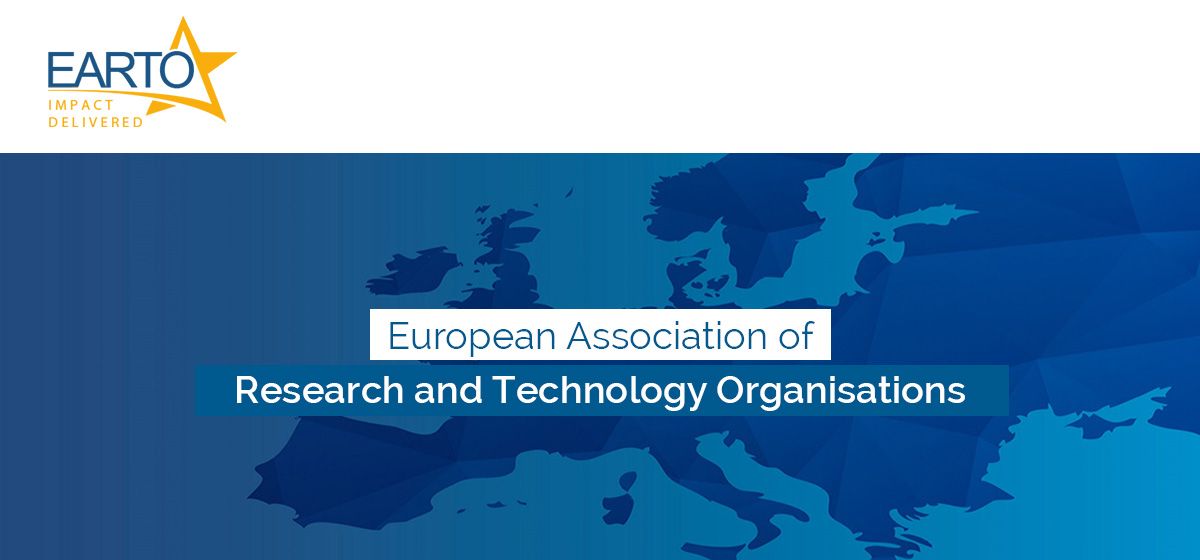
OECD-EARTO Joint Study Report
OECD-EARTO Joint Study on the Contribution of RTOs to Socio-economic Recovery, Resilience and Transitions
This new OECD study supported by EARTO analyses the evolution of the funding, governance, and policy context of Research and Technology Organisations (RTOs) in the last ten years, and the implications of these changes on their ability to achieve their mission, in particular their contribution to solving societal challenges and supporting sustainable transitions.
The fieldwork, analysis and consultations conducted in the context of this study has several policy implications. Public interventions (funding but also related to regulations and framework conditions) should accompany and support the ongoing changes of RTOs – internally but also all together as a specific component of national and EU innovation systems – so that they best contribute to the twin imperatives of strengthening economic competitiveness and tackling societal challenges.
The study draws 7 implications for policy makers who play a key role in setting the environment in which RTOs operate and that determines in part their ability to deliver on their mission as follows:
1. Launching a pilot study with a few countries to measure the specific contributions of RTOs to their national policies, paving the way toward a more systematic recognition of RTOs in national classifications.
2. Reviewing and benchmarking RTOs’ national basic funding schemes to enable them to best contribute to societal challenges with the adequate time horizons, scale and scope.
3. Enabling the structural changes of RTOs and networks of RTOs.
4. Improving the specific framework conditions at national and supranational levels to ensure a fair and homogenous treatment of RTOs.
5. Ensuring the funding of the experimentation of novel sociotechnical solutions, including through the support to the development and maintenance of technology infrastructures.
6. Conducting a reflection on how to strengthen European networks of specialised RTOs with unique expertise and infrastructures in key technology areas to gain scale and increase capabilities.
7. Reviewing and improving the various collaborative incentives and funding instruments to support the cooperation between RTOs and universities.
EARTO thanks the OECD team and its members who contributed to this study. EARTO remains at the disposal of the EU Institutions and Member States to further discuss the policy implications presented in this report.
Read the full OECD Report: https://www.earto.eu/wp-content/uploads/OECD-EARTO-Joint-Study-The-contribution-of-RTOs-to-socio-economic-recovery-resilience-and-transitions.pdf
TIs – Technology Infrastructures
TIs are (physical or virtual) facilities and equipment, such as demonstrators, testbeds, piloting facilities and living labs, capable of building bridges between science and the market. They are mostly created, managed, maintained and upgraded by not-for-profit Research Performing Organisations (mainly Research and Technology Organisations – RTOs, and Technical Universities – TUs), which require dedicated and significant resources and competences. TIs are open to a wide range of public and private users, large and small, collaborating with TI managers to jointly develop and integrate innovative technologies into new products, processes, and services.
RTOs – Research and Technology Organisations
From the lab to your everyday life. RTOs innovate to improve your health and well-being, your safety and security, your mobility and connectivity. RTOs’ technologies cover all scientific fields. Their work ranges from basic research to new products and services’ development. RTOs are non-profit organisations with public missions to support society. To do so, they closely cooperate with industries, large and small, as well as a wide array of public actors.
EARTO – European Association of Research and Technology Organisations
Founded in 1999, EARTO promotes RTOs and represents their interest in Europe. EARTO network counts over 350 RTOs in more than 20 countries. EARTO members represent 150,000 highly-skilled researchers and engineers managing a wide range of innovation infrastructures.





